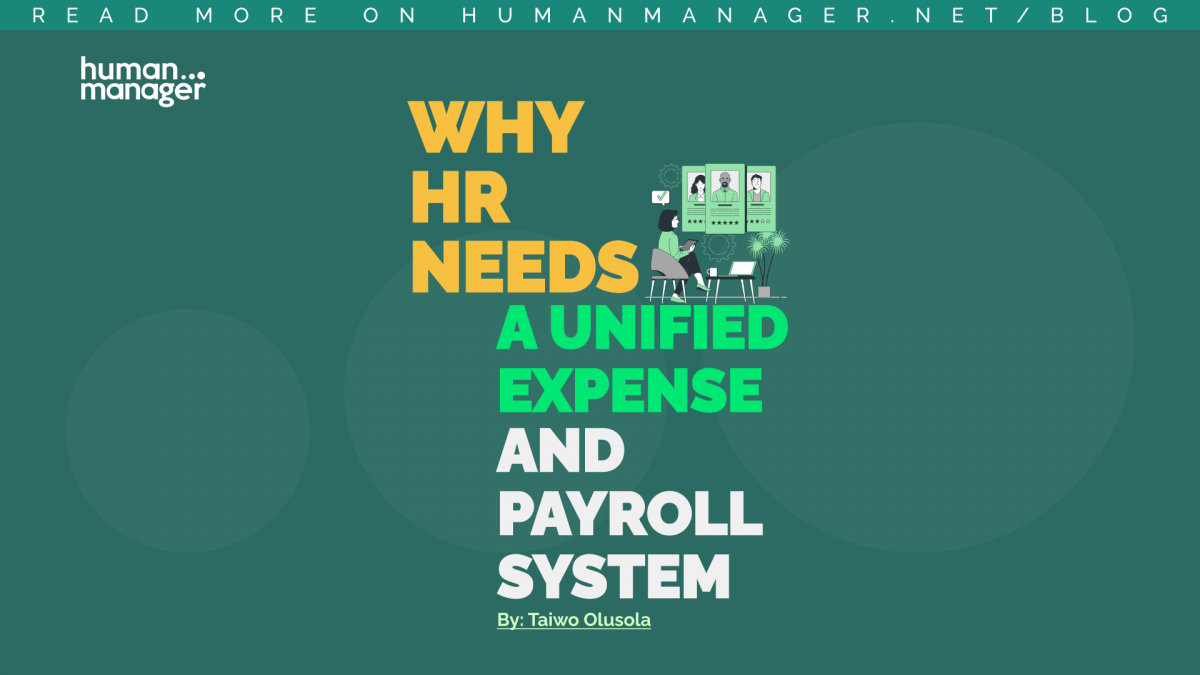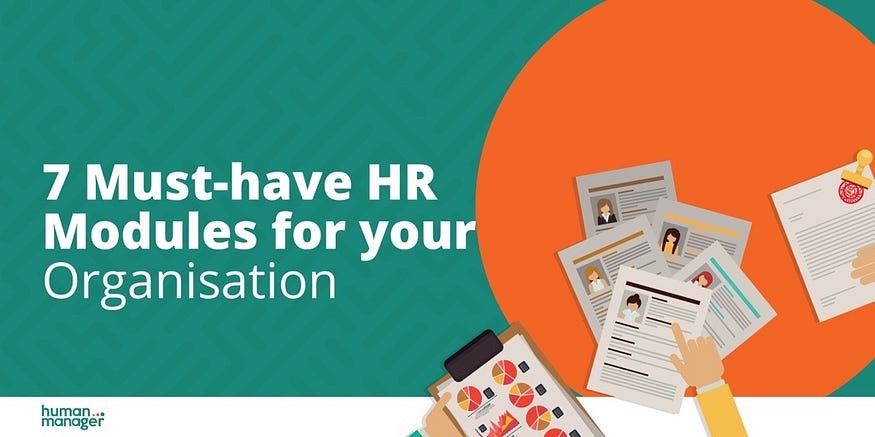By Taiwo Olusola
Are your finance and HR teams speaking the same language?
HR technology has evolved significantly, from spreadsheets to sophisticated integrated systems. Yet, many organisations struggle with siloed expense and payroll processes.
Think of a scenario where employees submit paper receipts into one system while payroll is managed separately in another. Also, imagine a sales executive after closing a major deal, only to spend weeks chasing their travel reimbursement.
When efficiency and cost control define organisational success, the disconnect between expense management and payroll often becomes a silent drain on resources, productivity, and employee morale.
For organisations with larger workforces, complex expense policies, and high transaction volumes, the problem multiplies. Hence, a unified system is not just a nice-to-have; it’s a necessity for operational efficiency and stronger employee experience.
Here’s why integrating expense management with payroll is a game-changer:
- Enhanced Accuracy and Compliance: A unified system eliminates manual data entry errors, ensuring reimbursements are accurate and timely. It also reduces the risk of non-compliance with tax laws and internal policies, a critical safeguard in Nigeria’s evolving regulatory environment.
- Streamlined Workflows and Time Savings: Employees can submit expenses on the go, approvals happen automatically, and reimbursements flow seamlessly into payroll. This saves hours for HR and finance teams, allowing them to focus on strategic initiatives like workforce planning and employee engagement instead of administrative backlogs.
- Improved Employee Experience: When reimbursements are fast and accurate, employees feel valued and supported. This builds trust and reduces unnecessary financial stress, directly improving morale and loyalty.
- Real-time Visibility and Data-Driven Decisions: Integrated systems give HR and finance leaders real-time insights into spending patterns. With this data, organisations can control costs, adjust policies, and make informed budgeting decisions, while reducing the risk of fraud.
Read here: Realistic Strategies for Financial Security in Today’s Workforce HumanManager | HR Management and Payroll Solutions.
Why HumanManager Stands Out
HumanManager is more than payroll software. It’s a full HR management suite with built-in expense management. Once an expense is approved, it feeds directly into payroll for reimbursement. Employees can submit claims via the web or mobile app, attach receipts digitally, and track the status of reimbursements.
No more paper forms or endless follow-ups. For organisations, this means streamlined approvals, robust policy management, and detailed reporting—all in one secure platform.
In today’s workplace, retaining talent isn’t just about pay. It’s about creating an employee experience that respects their time, simplifies processes, and builds trust. A unified payroll and expense management system like HumanManager delivers exactly that—turning a historically frustrating process into a seamless, transparent, and efficient one.
At HumanManager, we don’t just build HR software; we build people.
See HumanManager in action: Book a demo or contact our sales team at [email protected] to learn more.
Also, keep the momentum going and join our community – The HR Growth Circle 🔗 Join here


